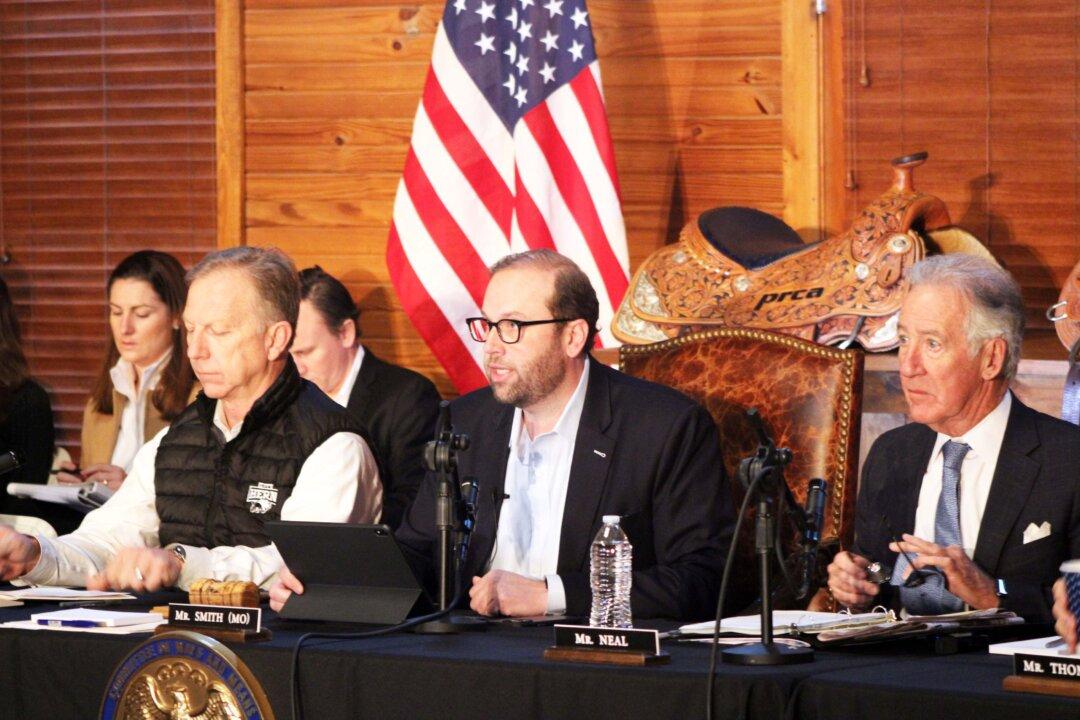YUKON, Okla.—Finding dependable workers, dealing with a disrupted supply chain, and coping with inflation are some of the biggest challenges in today’s economy, said witnesses in a hearing before the House Ways and Means Committee in this central Oklahoma city of 22,000.
According to a press release, the March 7 “Hearing on the State of the Economy: The Heartland” was to hear Americans’ concerns firsthand.





